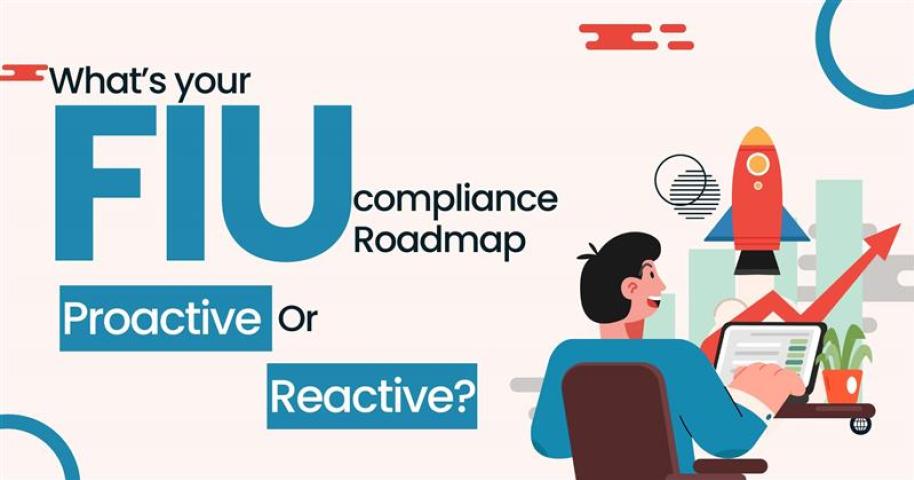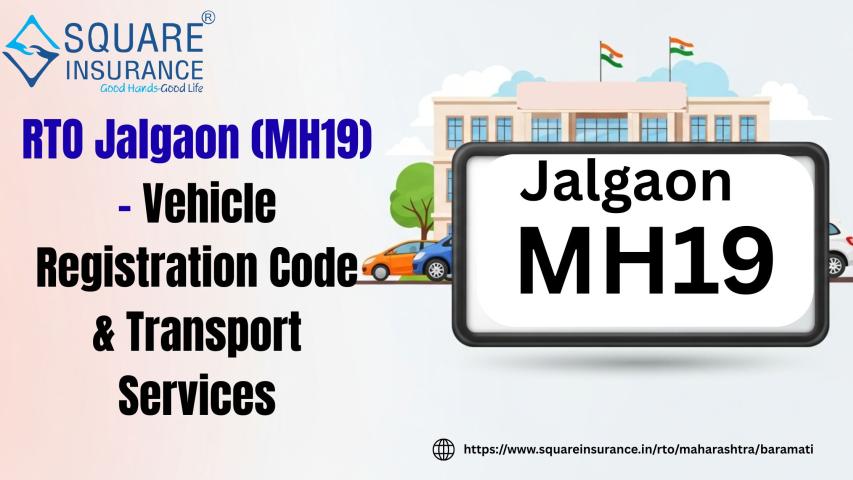In India, establishing an NGO is more than just pursuing a charitable mission. It requires a well-defined legal structure, proper licensing, and full compliance with government requirements. One of the most discussed elements is NITI Aayog Registration, but how does it compare with other key registrations like FCRA Registration, CSR-1 Registration, section 8 company registration, and 12A and 80G Registration?
This detailed guide breaks down the similarities, differences, and roles of each registration so you can make informed decisions about your NGO’s legal compliance and funding capabilities.
Introduction to NGO Licensing in India
Why Registration is Crucial for NGOs
For any NGO to function transparently and receive government or foreign funding, proper licensing is non-negotiable. These registrations establish:
•Legal identity
•Credibility and trust
•Eligibility for tax exemptions and grants
NITI Aayog Registration
Purpose and Background
The NITI Aayog Registration is done through the NGO DARPAN portal, a government initiative to bring transparency between NGOs and various ministries.
Originally launched by the Planning Commission, it is now managed by NITI Aayog and the Ministry of Electronics and Information Technology.
NGO DARPAN Portal Features
•Centralized database of verified NGOs
•Unique NGO ID number
•Access to government grant schemes
Eligibility Criteria for NITI Aayog Registration
Types of NGOs That Can Apply
•Trusts
•Societies
•Section 8 Companies
Documents Required
•PAN of the NGO
•Registration Certificate
•Details of Board Members
•Annual reports and audited financials (if available)
NITI Aayog Registration Process
Step-by-Step Guide
•Visit NGO DARPAN
•Create login credentials
•Fill in basic organization details
•Upload documents
•Submit and receive a Unique ID
How Long Does It Take?
The process usually takes 7–14 working days, depending on document verification and clarity.
Section 8 Company Registration Overview
For those forming an NGO with a corporate structure, section 8 company registration is a preferred route under the Companies Act, 2013.
Key Benefits
•Separate legal identity
•Better reputation among donors
•Eligibility for CSR funding, government schemes
Registration Procedure
•Obtain DIN & DSC
•File SPICe+ forms on MCA portal
•Submit MOA, AOA, and INC-32
•Receive Certificate of Incorporation from MCA
12A and 80G Registration Explained
These are income tax-related registrations that offer financial benefits to NGOs and their donors.
Purpose and Tax Benefits
•12A allows your NGO to be exempt from paying income tax.
•80G Registration lets donors claim a 50% deduction on donations made to your NGO.
Eligibility and Application Process
•NGO must be legally registered
•Apply via the Income Tax Department portal
•Submit activity report and financials
•Valid for 5 years (must be renewed)
FCRA Registration Breakdown
Need for Foreign Funding
FCRA Registration is mandatory for NGOs wanting to receive donations from foreign sources.
Eligibility Criteria
•NGO must be at least 3 years old
•Should have spent at least ₹10 lakhs on charitable work in the last 3 years
Types of FCRA Registrations
•Prior Permission: One-time funding approval
•Permanent FCRA: Valid for 5 years, renewable
CSR-1 Registration Importance
Eligibility for CSR Funds
Every NGO (including Section 8 Companies) must register via CSR-1 Form to receive corporate donations under the Corporate Social Responsibility (CSR) mandate.
Application and Approval Timeline
•File Form CSR-1 with MCA
•Attach CA/CS certification
•Get CSR-1 Registration Number within 1-2 weeks
Comparison: NITI Aayog vs. Other Licenses
NITI Aayog Registration
•Purpose: Access to government grants
•Authority: NITI Aayog / NGO DARPAN Portal
•Renewal Required: No
Section 8 Company Registration
•Purpose: Legal identity and organizational structure
•Authority: Ministry of Corporate Affairs (MCA)
•Renewal Required: No
CSR-1 Registration
•Purpose: Eligibility to receive CSR donations from companies
•Authority: Ministry of Corporate Affairs
•Renewal Required: No
12A Registration
•Purpose: Income tax exemption for the NGO
•Authority: Income Tax Department
•Renewal Required: Yes (Every 5 years)
80G Registration
•Purpose: Allows donors to claim tax deductions
•Authority: Income Tax Department
•Renewal Required: Yes (Every 5 years)
FCRA Registration
•Purpose: Permission to accept foreign contributions
•Authority: Ministry of Home Affairs
•Renewal Required: Yes (Every 5 years)
When Do You Need Each of These Registrations?
Examples:
•If your NGO wants to receive foreign donations, you need FCRA Registration.
•For corporate funding, both CSR-1 and NITI Aayog Registration are essential.
•To provide tax relief to donors, apply for 80G.
•To save on taxes, your NGO must get 12A registration.
What Happens if You Miss Any Registration?
•No FCRA: You can’t legally accept international donations.
•No 12A/80G: Income becomes taxable; donors won't support you.
•No CSR-1: You lose corporate funding opportunities.
•No NITI Aayog ID: You're ineligible for many central government schemes.
Common Mistakes During NGO Registrations
•Submitting incorrect or incomplete documents
•Missing renewal deadlines (especially for 12A/80G and FCRA)
•Not using professional help
•Errors while filing CSR-1 or SPICe+ for section 8 company registration
Benefits of a Fully Compliant NGO
•Legal recognition and stability
•Trust from donors and government
•Access to CSR and foreign funding
•Income tax exemptions
•Donor tax benefits
•Smooth banking operations
Role of Professional Guidance
A Chartered Accountant (CA) or Company Secretary (CS) can:
•Help file accurate applications
•Avoid rejection due to clerical errors
•Handle renewals and audits
•Guide through multiple licensing portals
Conclusion
Choosing between NITI Aayog Registration and other NGO licenses isn’t a matter of either/or—it’s about their individual roles in building a fully compliant and successful organization. While NITI Aayog registration is for accessing government grants, other licenses like section 8 company registration, FCRA, CSR-1, and 12A 80G registration are equally important for legal recognition, funding eligibility, and tax benefits. Together, these registrations create a solid foundation that enhances transparency, trustworthiness, and growth opportunities. Whether you’re just starting or scaling your NGO, securing these licenses ensures you're on the right path to make a meaningful and lasting impact. Legal compliance is more than a requirement, it's a commitment to excellence.
FAQs
1. Can an NGO operate without NITI Aayog registration?
Ans. Yes, an NGO can function legally without NITI Aayog registration, but it may not be eligible to apply for many government grants and schemes, which require a valid NGO DARPAN Unique ID.
2. Is 12A and 80G registration needed after Section 8 company registration?
Ans. Yes, section 8 company registration provides legal status, but to avail income tax exemptions and provide tax benefits to donors, obtaining 12avail of 80G registration is necessary.
3. Does NITI Aayog registration guarantee funding?
Ans. No, it doesn’t guarantee funding, but it makes your NGO eligible to apply for government schemes and boosts credibility when applying for CSR or institutional grants.
4. Can a new NGO apply for FCRA registration?
Ans. New NGOs can apply for FCRA prior permission, but permanent registration is granted only to organizations that have been operational for at least 3 years and have spent ₹10 lakhs on their objectives.








